What to do if a Baby Bird Falls Out the Nest
Spring is a magical time of the year when the world re-awakens from its long winter snooze and greets us with new colour, beauty, and life.
It’s also one of the best times to watch the birds in your garden as new mums and dads frantically fly around collecting enough food to raise their brood and prepare them for the biggest moment of their young lives – the day they finally leave the nest.
But it’s not always plain sailing, and such times are fraught with risks. Baby birds can fall out the nest and young birds, fully feathered but overly enthusiastic to fly, will try to take to the skies before they’re ready.
It can be a distressing sight and of course, one that makes all of us bird lovers immediately want to scoop the little one up and nurse it back to health.
But should we? And if not, what is the best course of action?
Here, we look take a look at what to do if you find a baby bird out of its nest.
Identify What Development Stage the Bird is in
Very often, whether you help or move a bird will depend on what stage of development it is at. These are usually divided into two – nestlings and fledglings.
Nestlings are easily identified because they have no feathers. Fledglings have grown their feathers but are not yet fully developed and are often a different colour to their parents. If you find a fledgling on the ground, it is usually because it has tried to leave the nest but hasn’t yet mastered flying.

Nestlings, left, and a fledgling, right
But this is perfectly normal. The chances are it is being looked over by its parents who will continue to feed it until it can fly off, which is usually just a couple of days after falling out the nest.
So, before deciding to take any action, check to see if the parent birds are nearby. If you see them, you’ll know the bird hasn’t been abandoned and should be left alone.
What if the Bird is in Danger of Abandonment?
There are occasions when intervening with a fledgling might be necessary.
If the chick is in obvious danger, either from pets, or vehicles, then you should only move it but only as far as is needed to make it safe and certainly not so far that the parents can’t hear it chirp. This might be under a hedge or somewhere else out of the way of predators.
The other time you might decide to intervene with a fledgling is if you are certain it has been abandoned. However, this takes time to establish and you will need to watch the bird for at least two hours. You also need to be absolutely sure it is not your presence that is putting off the parent birds from returning.
But if you’re sure this isn’t the case intervening is probably the best chance of saving the bird. Gather the fledgling up and put it somewhere it will be comfortable – perhaps a ventilated box containing some soft materials such as old clothes, a tea towel or tissue and take it to your nearest rescue centre. Do not try to feed the bird or offer it water or, under any circumstance, try to home rear it.
Nestlings
If you find a nestling, then the chances are it has either fallen out of the nest by accident, or it has been kicked out by its parents because it is unwell. Nestlings are fragile and need assistance to survive, so professional help in this situation is essential. The best course of action is to call a rescue centre and explain what has happened and describe the situation you have found the nestling in.
A wildlife rescue centre will then be able to advise the best course of action for you to take, whether that is to safely return the bird to its nest or take it immediately to a vet. Do be aware, however, that if you take the bird to a vet and it requires treatment, there may be a cost for this.
What if the Bird is Injured?
If a bird is obviously hurt or injured, then intervention is necessary. The younger the bird is, the quicker you need to act. Gather the chick up carefully, put it in a safe and comfortable box, and take it to a wildlife rescue centre or a vet. This is particularly the case for birds bitten by domestic pets as they may pass on disease. As mentioned above, however, if you take the bird to a vet, there may be a cost.
Should I Try to Hand Rear a Young Bird?
Many wildlife charities strongly advise against this and for a good reason – removing a fledgling from the wild could significantly reduce its chances of long-term survival. It is an absolute last resort.
Whereas we would certainly agree with this point, sometimes providing emergency care can have a happy ending as was the case with our customer, Allegra from Suffolk.
Allegra spotted a baby Dunnock in her garden and after searching for the parents and waiting for hours for them to return, she contacted a rescue centre who advised her to take the chick in.
Sadly, however, this was during lockdown and all the rescue centres were full, so Allegra was faced with having to care for the bird in her own home, with careful guidance from the rescue centre.
She christened the helpless chick ‘Peanut’!
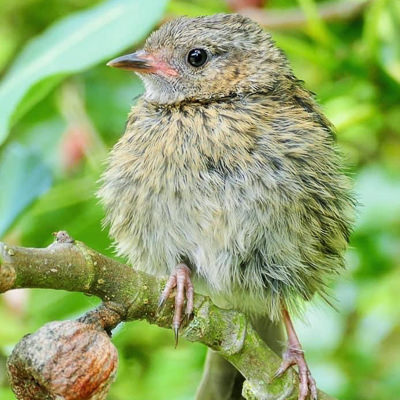
Peanut
She said: “He was extremely weak the first day and I was certain he wouldn’t make it. I had to force feed that day as he was too weak to open his beak.
“But day by day he grew stronger.
“He started to thrive, and we adored him. He joined in all activities around the house with us.”
But soon it became time to wean Peanut and start a soft release back into the garden.
Allegra added: “He loved us and would fly to me no matter where I was in the garden for his mealworms, but he began to forage for himself more and more.
“Day by day, he gained confidence and soon wanted to roost outside.
“I was so worried!”
But Peanut made it through and over time, began to re-establish himself back into the wild.
“Now he is one of the Dunnock gang in our garden,” Allegra said.
“I actually think he may have found his family as he was accepted by them so fast! Totally wild and free and still adored by us today. We take huge pleasure watching him feed with all the other garden birds.”
So, Peanut’s story proves there can be a happy ending for young and abandoned birds. He was lucky to be found by Allegra whose kindness and care were exactly what he needed.
But this was an exceptional case brought about because the rescue centres were full. If you find a young bird that you’re absolutely certain is injured or has been abandon, taking it to the professionals is the kindest thing by far to do.
Our recent posts giving advice and guidance on wild birds
Ground Nesting Birds
Ground Nesting Birds In an earlier article, we looked at nesting behaviour in wild birds and how you could use this knowledge to encourage birds to nest in your garden. In that article we talked about birds that nest in [...]
Incredible Journeys – Bird Migration Explained
Reading Time: 11 minutes While many species of bird make the UK their home all year round, some just visit for the summer or winter months and then head off to distance shores for the rest of the year. In this blog, we examine bird migration, taking a deep look into one of nature’s most spectacular phenomena to find out more about what makes it possible.
A Guide to Greenfinches
Reading Time: 9 minutes Greenfinches might not have the range of colours of their Goldfinch cousins, but they are still have a spectacular plummage. They are also viewed as one of the best starter birds you can buy by many aviary keepers because they tend to be fairly hardy, have a good song, and don’t have any specific needs that require the management of an experienced keeper.



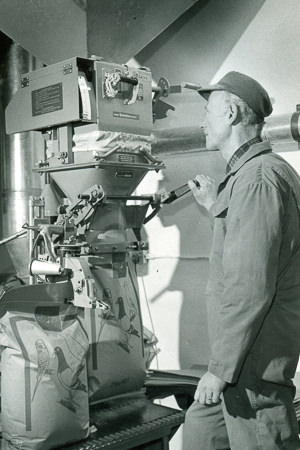



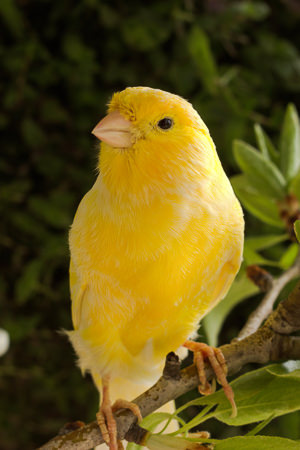
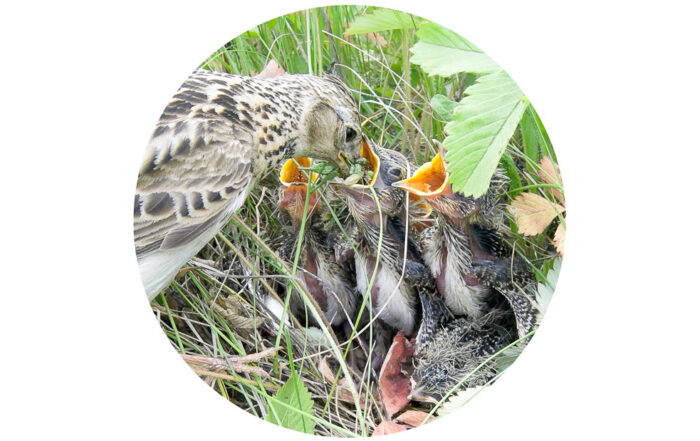

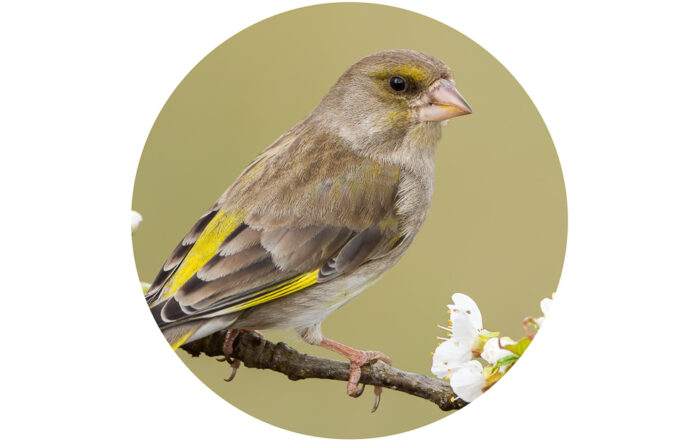
Leave A Comment